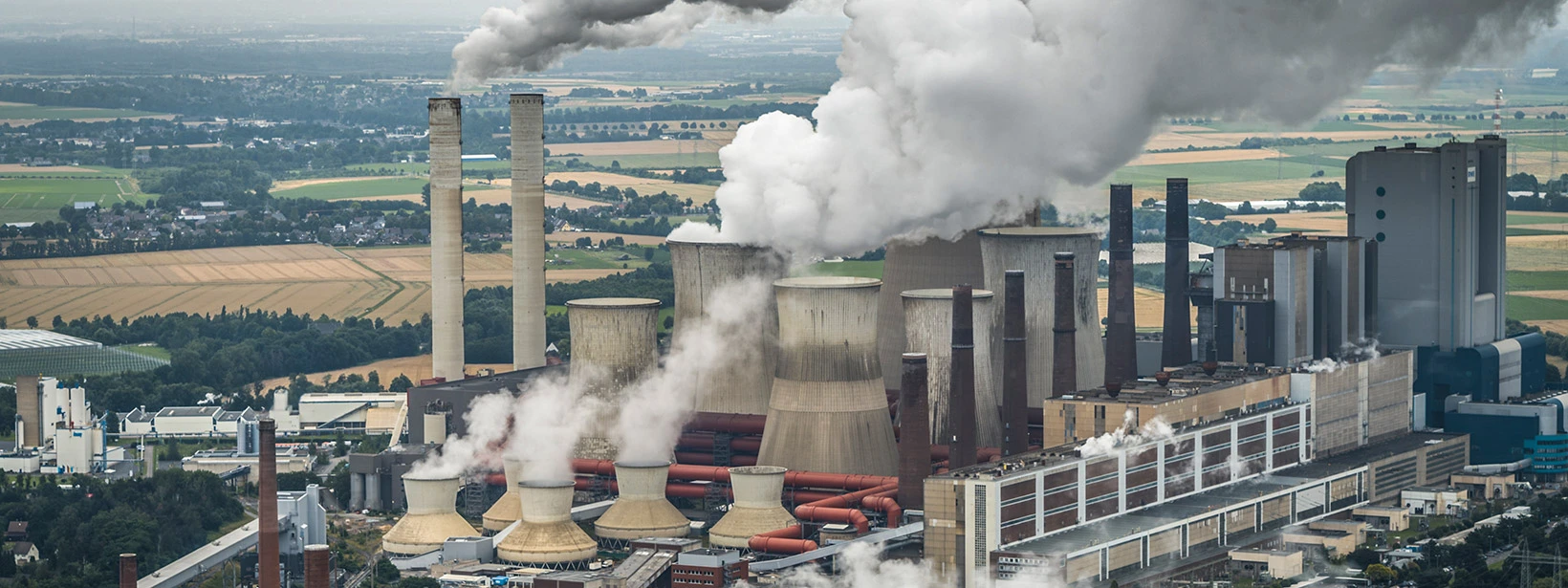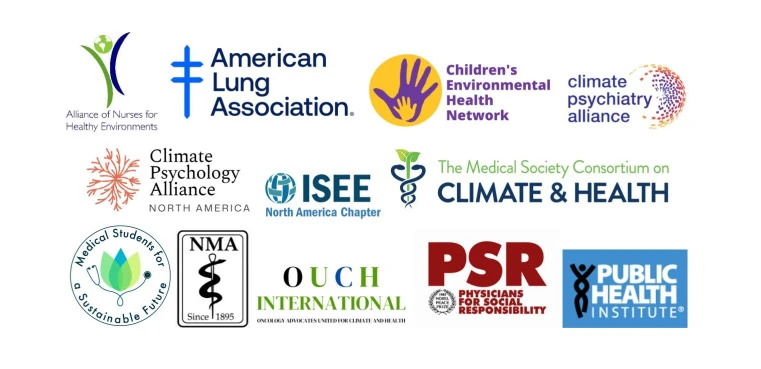Fueling Sickness: The Hidden Health Costs of Fossil Fuel Pollution” was developed by health and medical experts, and is endorsed by 12 national health organizations, including the Lung Association, Alliance of Nurses for Healthy Environments, Children’s Environmental Health Network, Climate Psychiatry Alliance, Climate Psychology Alliance of North America, International Society for Environmental Epidemiology – North America Chapter, Medical Society Consortium on Climate and Health, Medical Students for a Sustainable Future, National Medical Association, Oncology Advocate United for Health - International, Physicians for Social Responsibility and Public Health Institute. This report highlights how fossil fuel pollution is affecting the health of all Americans, here and now.
What is fossil fuel pollution?
Fossil fuel pollution is the harmful air pollution created when coal, oil and gas are used for energy – to generate electricity, power vehicles, heat buildings and fuel industry. Every stage of the fossil fuel lifecycle – extraction, transportation and burning - releases pollutants such as particulate matter, nitrogen oxides and others that contribute to asthma attacks, heart disease, stroke, cancer and premature death. These pollutants contaminate the air we breathe, the water we drink and the food we eat. Fossil fuel pollution drives illness and premature death across every stage of life and every system within the body.
Key Findings
- Fossil fuel pollution directly threatens the health of every American.
- Children, older adults and people with chronic conditions face the highest risks.
- Fossil fuels are responsible for various pollutants that can increase the risk of asthma onset and asthma attacks and heart attacks, disrupt the endocrine system, increase hospitalization in individuals with Parkinson’s or Alzheimer’s, and cause other severe symptoms and illness, even leading to premature death.
- People living near sources of fossil fuel pollution like refineries, railyards, ports and highways – often with lower incomes and limited economic opportunities - face significantly higher risks of related health issues.
- Emissions from burning fossil fuels are also the primary source of greenhouse gases in the U.S., worsening extreme heat, wildfires and other climate-related threats that endanger health.





